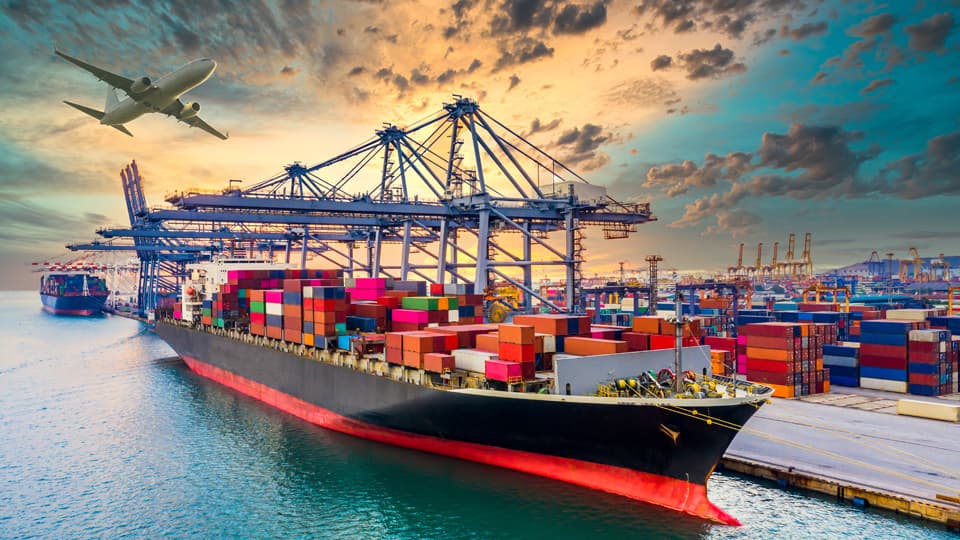The rapid digitalisation of UK trade, now accounting for over half of UK exports, is reshaping the environmental footprint of economic exchange. While digital trade can cut emissions by reducing physical transport and enabling remote work, Dr Castro highlighted that these benefits are far from guaranteed.
Rising demand for energy-intensive data centres, the lifecycle impact of digital devices, and behavioural rebound effects—such as increased e-commerce activity—pose growing environmental risks. Historically, the environmental cost of trade was dominated by shipping and manufacturing; today, the shift to cloud-based services, AI, and platform delivery models is accelerating the demand for energy in less visible, but still highly material ways.
Decarbonising digital trade means addressing emissions from data infrastructure, reducing e-waste, and designing greener digital services. Without targeted action, global data-driven electricity use could outstrip supply by 2033. During his talk, Dr Castro emphasised the urgent need for improved measurement tools and robust policy frameworks to ensure that digital trade supports both economic and environmental goals.
Dr Castro said: “This debate at TaPP with other experts in Computer Sciences and Digital Trade was an excellent opportunity to brainstorm ideas on the environmental and policy implications of digital trade. These are underexplored issues in the academic and policy worlds that require further discussion and research.
“Through the Digital Decarbonisation initiative, we hope to contribute to essential discussions on sustainability by championing a more efficient use of digital data, and encouraging a shift towards a greener digital infrastructure.”
